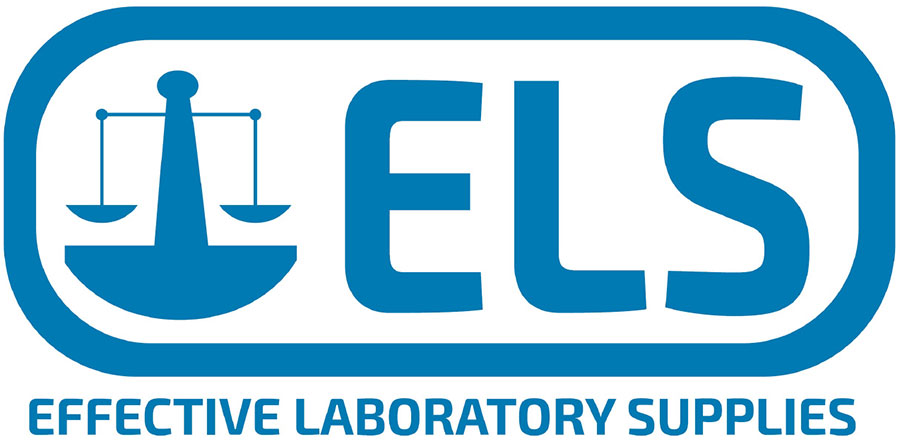Mine Laboratories: For Senior Engineer and Metallurgist’s
What do mine labs do? And why does it matter to metallurgists, engineers and project
managers?
Let’s face it: you’re busy focusing on efficiency, cost-effectiveness, and safety. You’re guarding
against downtime due to equipment failure or processing bottlenecks that eat into profits. Don’t
even mention the devasting consequences that safety incidents can cause.
Have you considered that there's an unsung hero to help you accomplish your goals?
Mine laboratories are more than just test tubes and beakers.
These specialised facilities are critical throughout a mine’s lifecycle, from exploration to closure.
Rock, mineral, and soil sample analyses provide crucial data that underpin every stage of your
operation. Here’s why labs matter more than you realise.
How Mine Laboratories Contribute to Effective Mine Management
Informed Mine Decisions
Accurate analysis of ore samples helps determine a mine’s viability and optimise the extraction
process. Imagine the cost implications of pouring resources into a mine that yields lower-than-
expected mineral content. Lab analysis helps avoid that scenario.
Process Control
Once mining begins, the lab analyses samples to ensure efficient processing. This means minimising
waste and maximising the valuable minerals you’re after. Think of it as fine-tuning your operations
to extract the most value from every ton of ore mined.
Predictive Maintenance
Labs don’t just analyse rocks; they can also analyse lubricants and wear particles from your
equipment. Early detection of potential equipment failures allows for preventive maintenance,
preventing costly downtime and ensuring smooth operation.
Environmental Compliance
Modern mining prioritises environmental responsibility. Mine labs are vital in monitoring air, water,
and soil quality to ensure compliance with regulations and minimise environmental impact. A
proactive approach to environmental management avoids costly fines and reputational damage.
Knowledge is Power: Key Points for Senior Engineers and Metallurgists
Here’s what you need to keep in mind regarding mine laboratories:
- Understand their capabilities: Familiarise yourself with the types of analyses your lab can
perform. Knowing what they can (and can’t) do helps you interpret data effectively and
identify where their expertise can best support your projects. - Effective Communication: Open communication is key. Clearly articulate your needs to the
lab manager and ensure they understand the context of your project goals. This facilitates
better data interpretation and helps the lab tailor their analysis to your specific
requirements. - Technology Advancements: Stay updated on advancements in lab analysis techniques and
equipment. New technologies can improve accuracy and efficiency. Sometimes, they can
even automate certain processes. Integrating these advancements with your overall
operations can lead to significant gains. - Safety Matters: Mine labs often handle hazardous materials and equipment. Ensure proper
safety protocols are followed by lab personnel and any engineers who might interact with
the lab environment.
By understanding the crucial role of mine laboratories and fostering a collaborative environment,
you can leverage their expertise to achieve your goals – efficient, cost-effective, and safe mining
operations.

